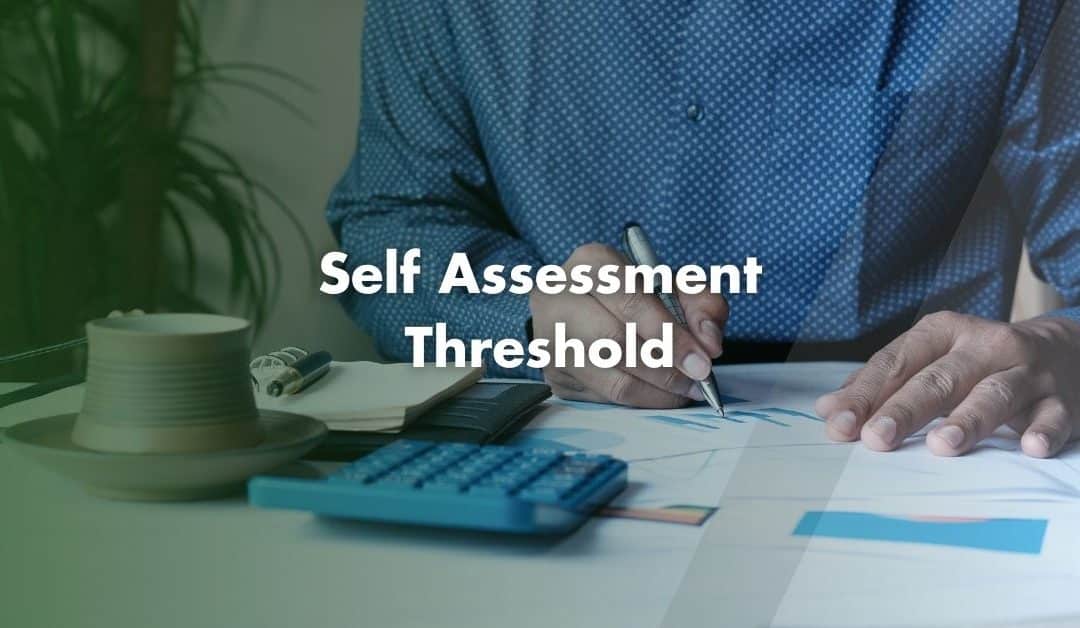For the 2023/24 tax year, the income threshold for filing a Self Assessment tax return has increased from £100,000 to £150,000 for taxpayers taxed solely through the PAYE (Pay As Your Earn) system.
If your income through PAYE is below £150,000 and you do not meet any additional criteria, you will no longer need to complete a Self Assessment.
New Year, Different Self Assessment Threshold
HMRC will remove the income threshold for PAYE-only taxpayers starting in the 2024/25 tax year. This means that there is no specific income level requiring PAYE-only taxpayers to file a Self Assessment.
However, HMRC may still require you to file a return if you meet other conditions.
As of the 2024/25 tax year, the following Income Tax rates apply:
- Personal Allowance: £12,570 (the amount you do not have to pay tax on).
- Basic Rate: 20% on income over £12,570 and up to £37,700.
- Higher Rate: 40% on income over £37,700 and up to £125,140.
- Additional Rate: 45% on income over £125,140.
Disclaimer: The information provided here is accurate as of January 2025 but is subject to change. We advise readers to verify details with HMRC or related source before making decisions that may affect their tax obligations.
What If You Earn Between £100,000 and £150,000?
If you submit a Self Assessment tax return for the 2022/23 tax year showing income between £100,000 and £150,000 and PAYE taxes your income, HMRC will send you an exit letter. This letter confirms that you no longer need to complete a tax return, provided you meet no additional filing criteria.
However, if your circumstances, or if you do not receive an exit letter, you must notify HMRC.
Do You Still Need to File a Self Assessment?
Despite the threshold increase, certain conditions still require you to file a Self Assessment. These include:
- Receiving Untaxed Income Over £2,500 – This can include rental income, interest on savings or income from investments.
- Being a Business Partner – If you are in a business partnership, you must file a tax return.
- Paying the High-Income Child Benefit Charge – This applies if your adjusted net income exceeds £50,000 and you or your partner receive Child Benefit.
Paying Capital Gains Tax or earning foreign income, may also require you to complete a return.
Why Has the Self Assessment Threshold Changed?
The threshold changed in accordance with HMRC’s efforts to simplify the tax system and reduce the administrative burden for taxpayers. HMRC improved its IT systems, enabling this adjustment and ensuring that PAYE collects Income Tax more efficiently.
However, this change does not affect Tax Liability. You will still pay the same amount of tax owed but many PAYE taxpayers will benefit from reduced unnecessary tax returns.
Contact Us
We are not just accountants; we are Chartered Accountants with one of the most reputable and premium accounting bodies. We are registered and regulated by ACCA; so you can rest assured that you are in good hands. Knowing this, don’t hesitate to get in touch with us if you require assistance: Pi Accountancy | Contact Us
This article is for general informational purposes only and does not constitute legal or financial advice. While we aim to keep our content up to date and accurate, UK tax laws and regulations are subject to change. Please speak to an accountant or tax professional for advice tailored to your individual circumstances. Pi Accountancy accepts no responsibility for any issues arising from reliance on the information provided.

